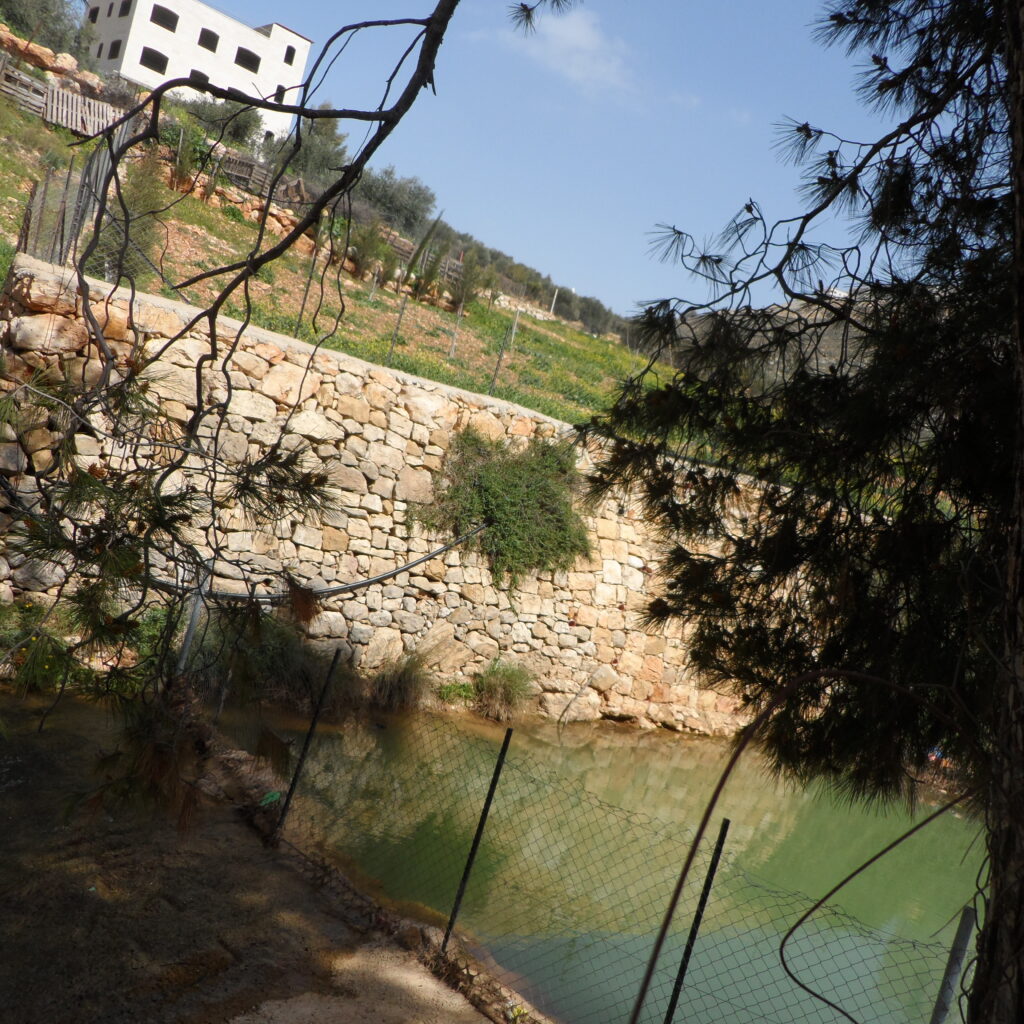
Gender Empowerment and Wastewater Reuse Nexus in Wastewater Treatment Plants in Ramallah – Palestine
Wastewater reuse is significantly important in urban and pre-urban areas where the agriculture land is replaced by an anonymous built environment. A number of approaches are possible for improving social involvement in wastewater reuse projects, such as the empowerment of communities and individuals, particularly women depending on their roles. Women and men are recognized by having different interests, role in managing water resource at household level, needs, and earn different benefits from, the availableness, use and management of water. The importance of creating knowledge and awareness toward sustainable wastewater reuse in urban areas, even for communities that have water networks becomes a strategic need for the Palestinian public, researchers as well as decision makers, that women should be involved in. The main objective of the project Gender Empowerment and Wastewater Reuse Nexus in Wastewater Treatment Plants in Ramallah – Palestine is to improve the empowerment of communities and individuals (particularly women) in the Palestinian urban areas on the acceptance of wastewater treatment projects and the reuse of treated wastewater. It is also to investigate the effect of women’s training in the reuse of treated wastewater on their acceptance of reuse of that treated water. The Objectives of the study are:
- To deeply understand how susceptibility to water-scarcity risks varies across geographical areas in Palestine and how it impacts gender in these areas.
- To produce data and information on women labor in agriculture and further collection of disaggregated data on the micro level using a combination of participatory, qualitative and quantitative method and tools.
- To explore the climatic risks on women working in agricultural sector in Palestine through community-based vulnerability assessment and quantitative risk assessments
- To improve understanding of how urban communities are currently mitigating climatic risks and the issues currently being faced in reducing the risks of climatic related disasters.
- To empower local climate change polices in Palestine so that it includes a clear framework that empowers vulnerable groups to plan and cope with the impacts of climate change, under resilient governance arrangement.
